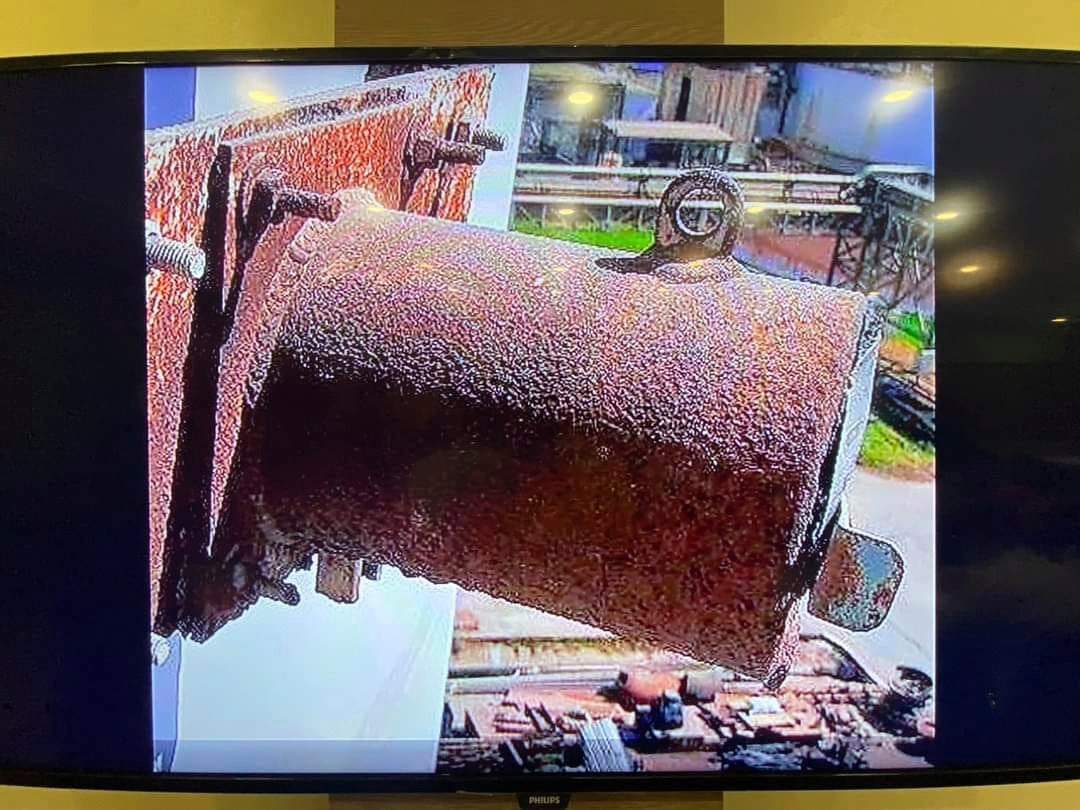Thai officials trace missing radioactive cylinder to foundry
Officials in Thailand have traced to a recycling foundry a metal cylinder with radioactive contents that had gone missing from a power plant

Your support helps us to tell the story
From reproductive rights to climate change to Big Tech, The Independent is on the ground when the story is developing. Whether it's investigating the financials of Elon Musk's pro-Trump PAC or producing our latest documentary, 'The A Word', which shines a light on the American women fighting for reproductive rights, we know how important it is to parse out the facts from the messaging.
At such a critical moment in US history, we need reporters on the ground. Your donation allows us to keep sending journalists to speak to both sides of the story.
The Independent is trusted by Americans across the entire political spectrum. And unlike many other quality news outlets, we choose not to lock Americans out of our reporting and analysis with paywalls. We believe quality journalism should be available to everyone, paid for by those who can afford it.
Your support makes all the difference.Thai officials said Monday they have traced to a recycling foundry a metal cylinder with radioactive contents that was discovered earlier this month missing from a power plant, but advised that there appeared to be no public health hazard.
The 30-centimeter- (12-inch-) long cylinder containing the radioactive material Caesium-137 was reported missing on March 10 from a piece of machinery at a steam power plant in Prachinburi province, 165 kilometers (102 miles) east of Bangkok.
Prachinburi Gov. Narong Nakhonchinda said that traces of Caesium-137 were detected Sunday in bags of furnace dust that was a byproduct of the smelting process at the foundry, which is about 10 kilometers (6 miles) from the power plant. He said the furnace used for the process was a closed system, so radioactive particles could not escape from it.
Work at the plant was ordered halted and employees and nearby residents given health checks.
Health officials said medical records for the past month for all hospitals in the province would be checked to see if any paietnts had showed symptoms possibly caused by exposure to radiation. Prolonged direct contact with radioactive material can cause skin rashes, hair loss, canker sores, fatigue, and vomiting. Short-term contact with Caesium-137 may not show immediate symptoms but could lead to a higher risk of cancer.
Permsuk Sutchaphiwat, secretary-general of the Office of Atoms for Peace, Thailand’s nuclear research agency, said the metal extracted in processing would not become radioactive because the Caesium-137 would separate from the steel due to the high temperatures used in the process. However, traces of it can still be found in the furnace.
The missing 25-kilogram- (55-pound-) cylinder was connected to a 17-meter- (56-foot-) tall silo at the power plant and used for measuring ash content. Police say they suspect the cylinder had been stolen for sale as scrap.
In 2000, illegally disposed cannisters containing the radioactive substance Cobalt-60 were found in a junkyard in Samut Prakarn, a suburb of Bangkok. At least five people were hospitalized after being exposed to radiation when the cannisters were opened by the scrapyard workers, unaware of the hazard. The cylinders were believed to have come from a medical X-ray machine.